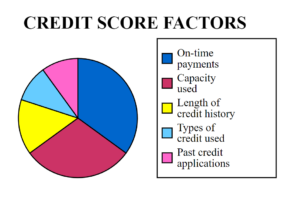
Though implementing basic safety strategies and two-factor authentication can help keep you safer online, scammers are continuously evolving their schemes to find unsuspecting victims and steal money or personal information from them. Their goal remains the same – take money or personal details without your knowledge!
Advance fee fraud (commonly known as 419 fraud or Nigerian letter scam) entails fraudulent requests for upfront payments or personal information in return for promises of jobs, lottery prizes or business investment returns. Sometimes requests appear urgent, suggesting something bad might happen if no immediate steps are taken – typically through email, text messages or one-on-one discussion apps such as WhatsApp.
Another widespread scam involves “grandchildren” or family member calls requesting money for emergencies, debt repayment or wire transfer purposes. Scammers use advanced technologies such as voice cloning to appear as though you know them personally; this practice is particularly popular during holidays when older adults may be especially susceptible.
One variation on this scam involves requests for money to cover flights or travel expenses. By creating trust with their victims through social media or dating sites, offenders build rapport and then request money in order to help with travel, visas or any other needs they might have. Unfortunately, this type of fraud is difficult to stop since its perpetrators could potentially reside anywhere around the globe, leaving law enforcement agencies helpless against recovering stolen funds from victims who wish to recover them.
Other types of scams include fraudulent employment offers, false prizes and nonexistent merchandise. Fraudulent employment offer scams typically target workers searching for work-from-home opportunities or jobs promising a large return on investment, often via spam emails, ads or well-known classified sites.
Cybercriminals often use phishing techniques to lure unsuspecting victims into providing passwords or credit card numbers so that they can gain entry to accounts and use this information to commit fraud or steal identities. Phishing scams are most prevalent via email but can also occur over instant messaging platforms and social media apps. To guard against phishing attacks, check the sender’s address and use domain trackers to verify any links or websites; check for misspellings or strange spellings as these could indicate something amiss; avoid giving out passwords over unfamiliar websites or when connecting using public Wi-Fi networks when accessing accounts –



